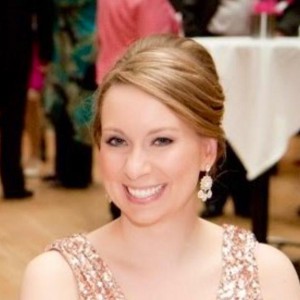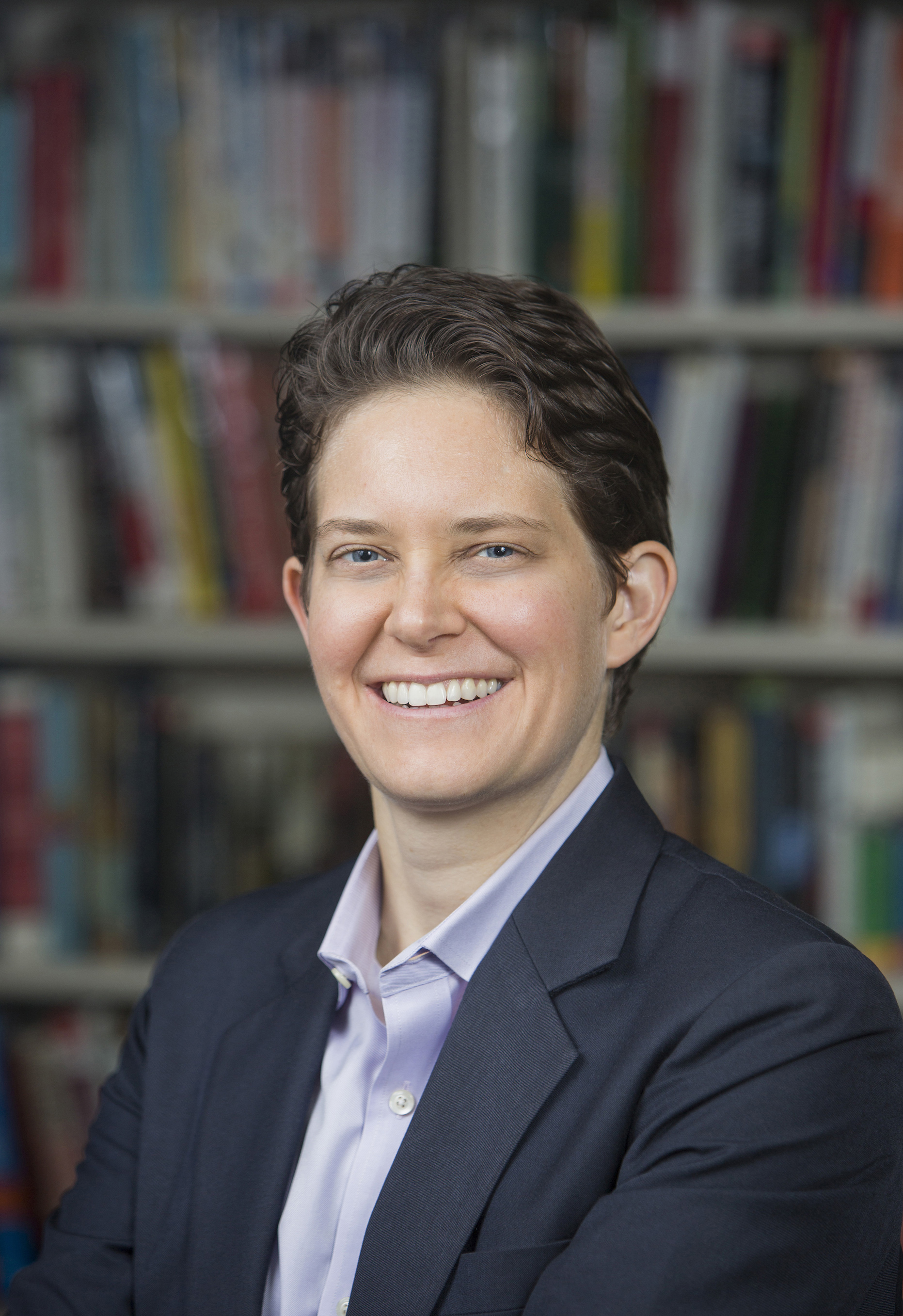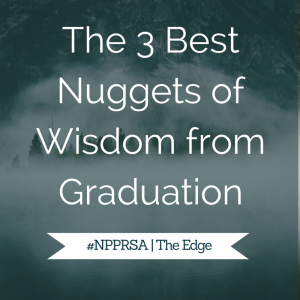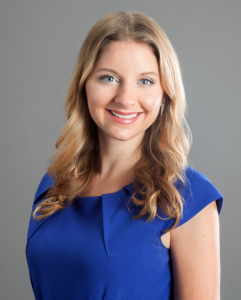 Graduation time is here, but what do you do if you haven’t lined up your first full-time job in the field? Don’t panic; you’re not alone. According to Experience.com, it could take between three and nine months for a new graduate to find employment in his/her industry. Here are some ways to keep your skills sharp while you look for work.
Graduation time is here, but what do you do if you haven’t lined up your first full-time job in the field? Don’t panic; you’re not alone. According to Experience.com, it could take between three and nine months for a new graduate to find employment in his/her industry. Here are some ways to keep your skills sharp while you look for work.
Write. A lot.
Top-notch writing skills are a must in the competitive PR job market. The more often you practice your writing and editing, the more of an advantage you have over other candidates. Start a blog with a free service like WordPress or Blogger and write as often as you can (Tip: Keep the subject matter PG since a potential employer could see it.).
There are several resources online and via social media you can use to answer questions about grammar and style. Check out Grammar Girl Mignon Fogarty on quickanddirtytips.com. Her blog has tons of great tips to turn any writer into a pro. Also, follow The AP Style Book on Twitter. The guide is updated every spring, and it is a good idea to stay on top of the changes.
Utilize PRSA and its resources.
Sure. Maybe it’s a shameless plug, but membership in the PRSA provides you with some priceless resources – and most of them are literally priceless. While you’re job hunting, keep learning by participating in any one of the hundreds of free webinars available to you as a member. You can register for upcoming live webinars or browse the years of archived trainings available on demand.
In addition to the webinars, prsa.org has an extensive job center with new listings added each day. You can find articles on prepping your resume, interviewing techniques, and PR salary standards. You can take a career assessment to find out what job you’re best suited for. PRSA even offers a mentor match service so you can find a veteran in the field to act as your guide and sounding board.
Stay active in your community.
There is no such thing as too much networking. Many metropolitan areas have networking groups for young professionals to stay connected to one another to build relationships and reputations in the community. Join one of these organizations and participate in as many activities as you can. The connections you make through this avenue may very well lead to the full-time job you’re looking for.
While you’re not working full time, take this opportunity to volunteer in your community. Pick an organization that you admire and offer your services, whether it is related to public relations or filing and answering phones. Most non-profits won’t turn down the offer of free assistance. You’re getting the opportunity to use your skills or learn something new while they get to see how hard you work. When a full-time position comes open, you’ll be at the top of their list.
 Jennifer Materkoski is a graduate of Kent State University with a Master of Arts in Journalism and Mass Communications with a specialization in Public Relations. She has worked as a writer and editor for both newspaper and television and as a member of a non-profit marketing and development team. Materkoski is the owner and principal consultant of a boutique public relations firm, Songbird Public Relations. She is an avid sports fan, a yogi and also owns and operates an online store selling essential oils and natural products. Materkoski resides in Wheeling, West Virginia with her husband and son. Find her on LinkedIn or follow her on Twitter @MrsMaterkoski. She can be reached via email at jen@songbirdpublicrelations.com
Jennifer Materkoski is a graduate of Kent State University with a Master of Arts in Journalism and Mass Communications with a specialization in Public Relations. She has worked as a writer and editor for both newspaper and television and as a member of a non-profit marketing and development team. Materkoski is the owner and principal consultant of a boutique public relations firm, Songbird Public Relations. She is an avid sports fan, a yogi and also owns and operates an online store selling essential oils and natural products. Materkoski resides in Wheeling, West Virginia with her husband and son. Find her on LinkedIn or follow her on Twitter @MrsMaterkoski. She can be reached via email at jen@songbirdpublicrelations.com








